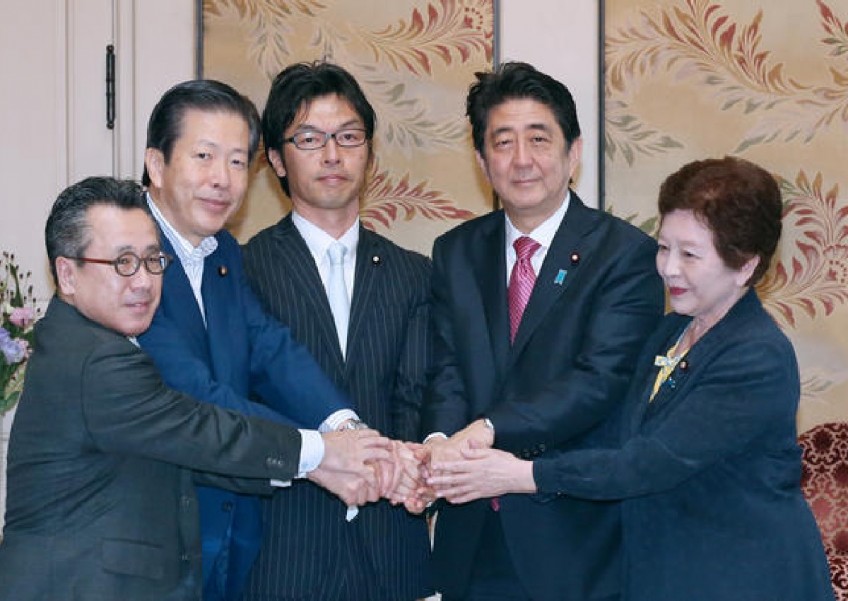Disclosure key to monitoring overseas military operations

TOKYO - One month on from the enactment of Japan's new security legislation on Sept. 19, the ruling coalition and minor opposition parties are preparing to set up a panel to discuss the extent of the Diet's involvement in decisions on possible overseas military deployments. The panel could be established as early as November.
Three opposition parties, the New Renaissance Party, the Assembly to Energize Japan and the Party for Future Generations had previously opposed the controversial security bills and sought their the revision. On Sept. 16, however, they agreed with the ruling Liberal Democratic Party-Komeito coalition to support the legislation, on the provision it include an accompanying resolution incorporating a number of additional points.
Among their demands was increased involvement of the Diet in approval and monitoring of overseas military deployments. One focus of the panel's deliberation will be the establishment of a Diet body in charge of monitoring and investigation of Japanese military operations overseas.
Under the new legislation, a decision to exercise military force, for example, as collective self-defence, or for operational assistance to an ally, requires Diet approval. This structure aims to maintain civilian control over the country's military actions, but it could not be achieved without sufficient disclosure of information by the government.
Prime Minster Shinzo Abe reportedly told his colleagues that the government should first try to collect information from its own sources, in addition to information from external parties. His comments may well have come from a bitter lesson.
Read the full article here